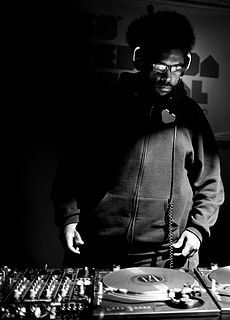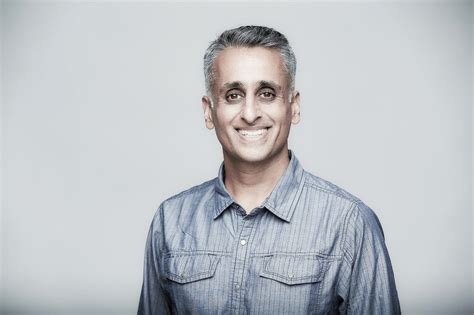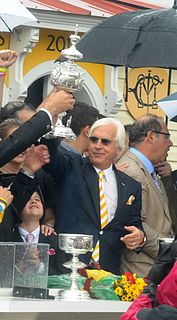A Quote by Abhijit Banerjee
I was trained as an economic theorist; my job at MIT was as an economic theorist. At some level that's still part of my identity.
Related Quotes
As political theorist Michael Parenti points out, historians often overlook Fascism's economic agenda--the partnership between Big Capital and Big Government--in their analysis of its authoritarian social program. Indeed, according to Bertram Gross in his startlingly prescient Friendly Fascism (1980), it is possible to achieve fascist goals within an ostensibly democratic society.
Many people have written about the economic meaning of globalization; in One World Peter Singer explains its moral meaning. His position is carefully developed, his tone is moderate, but his conclusions are radical and profound. No political theorist or moral philosopher, no public official or political activist, can afford to ignore his arguments.
I think it is inevitable that leftist forces in the US would be divided, if not balkanized, to some extent. Among the full range of people who are committed to social and economic equality and ecological justice - i.e. to some variant of a leftist vision of a decent society - it will always be the case that some will be more focused on egalitarian economic issues, others around the environment and climate change, others on US imperialism, militarism and foreign policy, others on race and gender equality, and still others on sexual identity.





































